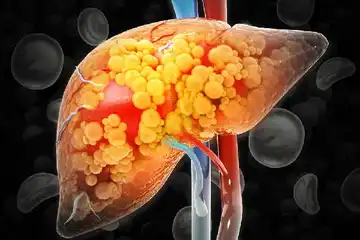What is gestational hypertension?
Gestational hypertension refers to high blood pressure (hypertension: blood pressure higher than 140/90 mm Hg) in pregnant women (especially prior to 20 weeks of gestation) without the presence of protein in the urine. After 20 weeks of gestation, if protein is also present in urine, along with hypertension, then the condition is termed as preeclampsia.
What are its main signs and symptoms?
Though the signs and symptoms of gestational hypertension are varied in different pregnant females, the most common ones include the following:
- Sudden weight gain
- Swelling (oedema)
- Long-lasting headache
- Vomiting or nausea
- Low urine output
- Pain in stomach or upper right side of your belly
- Vision disturbances, which include blurred or double vision
What are the main causes?
Causative factors for gestational hypertension include:
- A history of hypertension in previous pregnancy or before getting pregnant.
- Co-existing diabetes or kidney disease.
- Being of African American race or younger than 20 years or older than 40.
- Being pregnant with multiple babies, such as twins or triplets.
How is it diagnosed and treated?
The physician first takes a detailed history of your symptoms, followed by measuring the blood pressure. The following tests are performed to find out the cause of hypertension:
- Frequently monitoring weight and checking for swelling
- Blood clotting tests
- Urine test is performed to detect proteins in urine (presence of proteins in the urine indicates problems in the functioning of the kidneys).
- Liver and kidney function tests
To check the health status of the foetus, foetal monitoring is done which includes:
- Foetal movement counting is test used for monitoring foetal kicks and movements.
- Nonstress testing (NST) is used to measure the baby’s heart rate in response to its movements inside the womb.
- A biophysical profile is done to combine the nonstress test with ultrasound, which helps to observe the growth of the foetus.
- Doppler flow ultrasound is a type of ultrasound test which helps to measure the blood flow through blood vessels.
Treatment of gestational hypertension includes:
The treatment plan is made by the physician after considering the overall health and medical history of the patient. The primary motto of the treatment is to prevent worsening of the condition and avoid complications. The following treatment measures can be used for gestational hypertension:
- Bedrest (home or hospitalisation).
- Administering antihypertensive medications which include magnesium sulphate or other drugs in individuals with severe hypertension.
- In case of worsening of gestational hypertension or progression to preeclampsia, continued laboratory testing of urine and blood is done.
- As lung immaturity is a major problem with premature babies, corticosteroid medication is used to promote lung maturation.
















